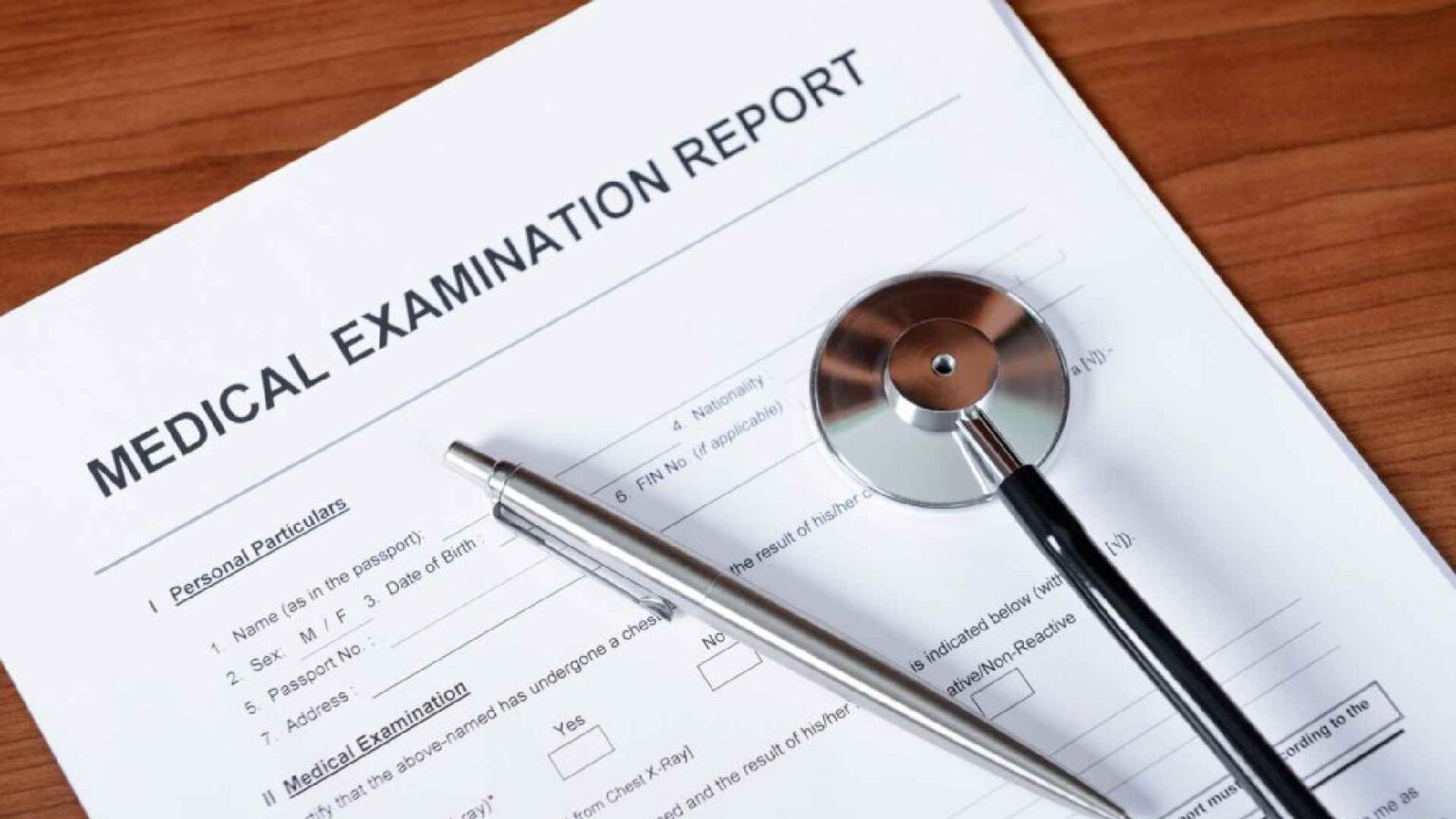Applying for a UAE visa involves understanding various requirements, and one of the most crucial aspects is the UAE visa medical requirements. This post aims to shed light on the medical test for UAE residence visa that you need to complete for a successful application. Knowing what documents are needed for the UAE visa medical exam and the entire UAE visa medical examination process can help you prepare effectively, making the journey smoother and less stressful.
- Overview of UAE Visa Medical Requirements
- Importance of Medical Clearance for UAE Residency
- The Medical Test for UAE Residence Visa
- Documents Needed for UAE Visa Medical Exam
- The UAE Visa Medical Examination Process
- Health Check-Up for UAE Visa
- Blood Test and X-Ray for UAE Visa
- Approved Medical Centers in UAE for Visa
- Pre-Employment Medical Test UAE Visa
- FAQs about UAE Visa Medical Requirements
Overview of UAE Visa Medical Requirements
To obtain a UAE visa, especially a residency visa, you must undergo a series of medical tests. These requirements are put in place to ensure public health safety and to screen for communicable diseases. The key health assessments involved typically include blood tests, chest X-rays, and a physical examination. Each test plays a significant role in determining your eligibility for residency in the UAE.
Importance of Medical Clearance for UAE Residency
Obtaining medical clearance is vital for your residency application, as it surfaces any potential health issues and ensures that you do not pose a risk to the public health system in the UAE. Failure to secure this clearance can lead to delays or even denials in your visa application. Immigration authorities rely on this medical assessment to maintain the overall health and wellness of the community, which is particularly important in a country that hosts diverse populations from around the globe.
The Medical Test for UAE Residence Visa
The medical test for the UAE residence visa generally involves three primary components:
- Physical examination: A basic check-up that assesses your overall health.
- Blood test: This is crucial for screening for infectious diseases such as HIV and Hepatitis B and C.
- Chest X-ray: Conducted to check for any signs of tuberculosis (TB).
Your results from these tests will be evaluated by a certified medical professional, who will issue a medical certificate necessary for your visa application.
Documents Needed for UAE Visa Medical Exam
Before heading for your medical examination, ensure you have the following documents in hand:
- Passport: A valid passport with at least six months of validity remaining.
- Visa application form: Printed and filled out as required.
- Passport-sized photographs: Typically two recent photographs that meet UAE regulations.
- Emirates ID or health card: If applicable.
- Previous medical records: If you have any existing medical conditions, it can be beneficial to present these.
By preparing these documents beforehand, you can ensure a streamlined process during your medical examination.
The UAE Visa Medical Examination Process
The process of getting your UAE visa medical examination done can be broken down into the following steps:
- Locate an approved medical center: Research and find a medical center authorized to conduct the UAE visa medical examinations.
- Book an appointment: Many centers allow you to make appointments online, saving time on the day of your visit.
- Attend the examination: Arrive at least 15 minutes before your scheduled appointment. Bring all required documents and be prepared for a series of tests.
- Receive results: Typically within 3-5 working days, you will receive your medical certificate indicating your fitness for residency.
By familiarizing yourself with this process, you can alleviate some of the anxiety that comes with medical tests.
Health Check-Up for UAE Visa
During the health check-up for the UAE visa, several assessments will take place to evaluate your overall fitness. This usually includes:
- Height and weight measurements: To check for obesity or malnutrition.
- Blood pressure checks: An essential measure of your cardiovascular health.
- General health questions: To identify any pre-existing conditions or medications that may affect your health status.
This comprehensive analysis allows the physician to determine your overall health and provide recommendations if necessary.
Blood Test and X-Ray for UAE Visa
The blood test and X-ray are two essential components of the UAE visa medical requirements. The blood test primarily screens for:
- HIV: Checking for HIV infection.
- Hepatitis B and C: Testing to identify if you carry these viruses.
- Syphilis: A common test included in screening protocols.
The chest X-ray is critical for identifying any signs of tuberculosis, a serious communicable disease. Both of these tests are crucial, and failing any of them could lead to complications in your visa application process.
Approved Medical Centers in UAE for Visa
The UAE government has designated a list of medical institutions authorized to conduct visa medical examinations. Here are some notable options:
- Primary Health Care Centers: Found in various emirates, these centers provide cost-efficient medical services.
- Private hospitals: Many private hospital chains, like Aster and NMC Health, are also accredited to perform these medical checks.
- Specialized clinics: Ensure the clinic you choose is approved; this can typically be confirmed on the UAE government website.
Choosing an approved center is crucial, as only they can issue the necessary medical certificates accepted by immigration authorities.
Pre-Employment Medical Test UAE Visa
A pre-employment medical test is another vital component if you’re applying for a work visa in the UAE. This examination usually includes similar components as the residency medical test but may also assess specific requirements associated with your job. For example, roles in healthcare, food service, or construction may require additional testing to ensure you meet occupational health standards.
FAQs about UAE Visa Medical Requirements
Q: Do children need to undergo a medical check for UAE visas?
A: Yes, children must also pass the medical examinations for residency and visa applications.
Q: Can I repeat tests if I fail?
A: Yes, you can retake the tests as required, but it is essential to address any health issues identified in the initial tests.
Q: How long are the results of the medical test valid?
A: Generally, the medical certificate is valid for up to 3 months. Ensure you apply for your visa within this time frame.
Understanding the medical documentation and requirements needed for a UAE visa is essential for a smooth immigration process. By familiarizing yourself with the UAE visa medical requirements and knowing what to expect during your medical examination, you can alleviate any uncertainties and ensure compliance with immigration policies.
Ready to start your journey to living and working in the UAE? Contact us today to get assistance with your visa application and navigate the UAE visa medical requirements with ease!
References
UAE Ministry of Health and Prevention. (n.d.). Health Screening for Residency Visas. Retrieved from UAE MoHAP
UAE General Directorate of Residency and Foreigners Affairs. (2022). Medical Examination Procedures for Visa Issuance. Retrieved from GDRFA

















